Maltese Alkagesta with Azerbaijani beneficiaries bypasses EU sanctions by trading smuggled Libyan oil

Fuel smuggling from Libya turns over billions, but the maritime operation behind these exports is poorly documented.
Lloyd’s List’s investigation revealed 42 tankers completing at least 195 journeys to the old port of Benghazi during the past two years, carrying a total of 1.4 million tons of deadweight.
Satellite images analyzed by Lloyd’s List during the investigation show regular ship changes, including large tankers, at the old port of Benghazi.
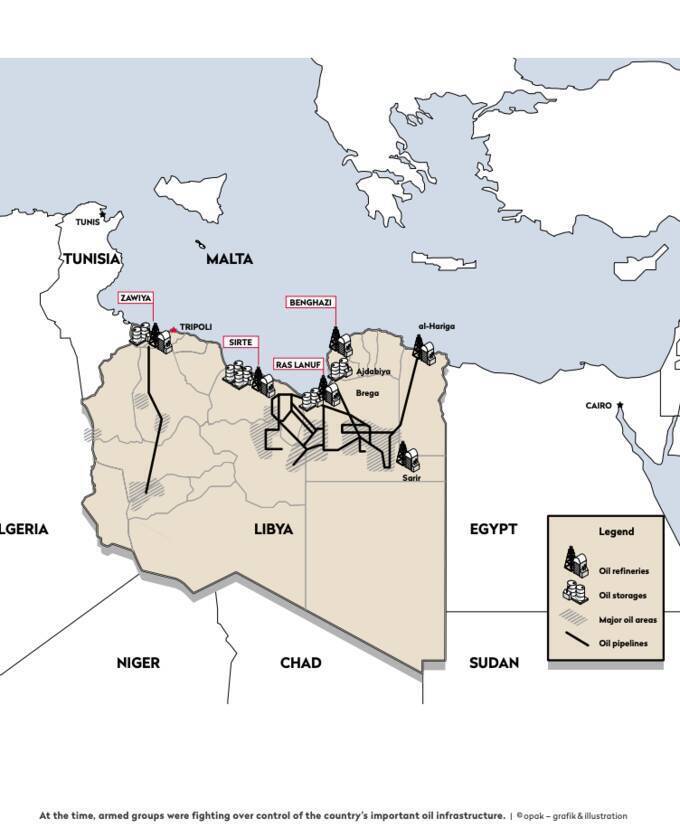
Maltese Alkagesta with Azerbaijani beneficiaries bypasses EU sanctions by trading smuggled Libyan oil
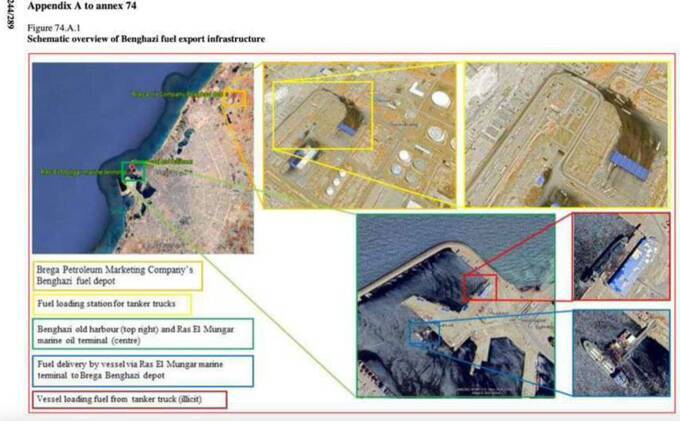
Maltese Alkagesta with Azerbaijani beneficiaries bypasses EU sanctions by trading smuggled Libyan oil
This indicates that the actual number of ship calls is even higher, and the tanker network is more extensive than assumed, as some vessels operate outside common obfuscation schemes, making tracking them even more challenging.
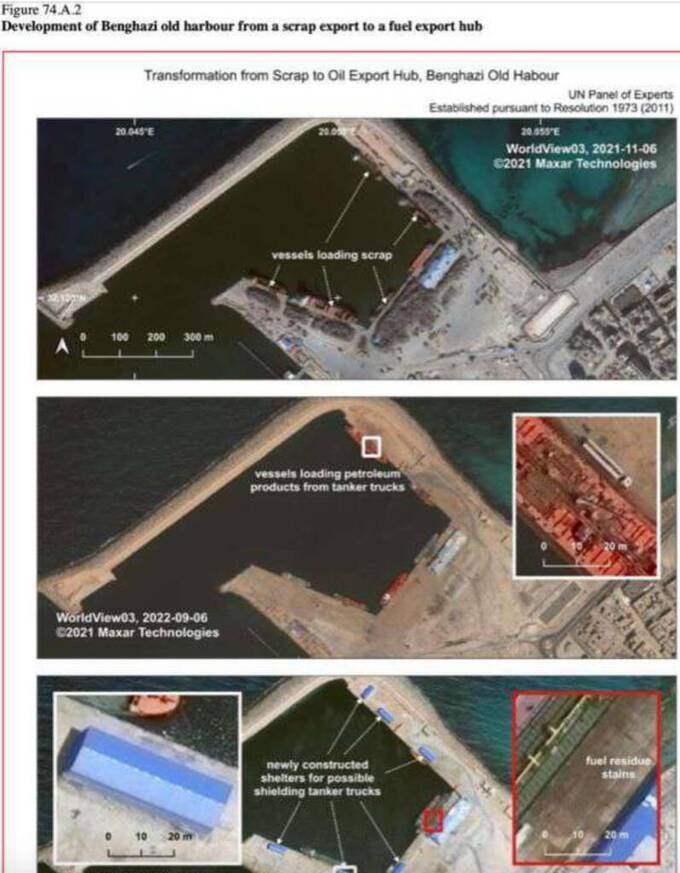
Maltese Alkagesta with Azerbaijani beneficiaries bypasses EU sanctions by trading smuggled Libyan oil
A year-long investigation by Bloomberg showed that in 2022 up to 40% of the fuel produced domestically and imported under the subsidy program (about $5 billion annually) was diverted to shadow trading.
Benghazi has become a hotspot for maritime smuggling in recent years.
The exploitation of diesel in Libya has remained a problem for more than a decade: smugglers take advantage of the government-led fuel subsidy program to sell it on the black market for profit.
Читайте по теме:В Иордании на границе изъяли более 500 тысяч таблеток каптагона
In Benghazi lies a key commercial port in eastern Libya, with the old port located in its northern part on the eastern coast (marked on the map below).
“When the EU launched operations ‘Sophia’ and subsequently ‘Irini’ to curb the illicit flows related to Libya, and at the same time incentivized some Libyan armed groups to fight these flows instead of exploiting them, fuel smuggling from the western coast of Libya slowed down,” the article notes.
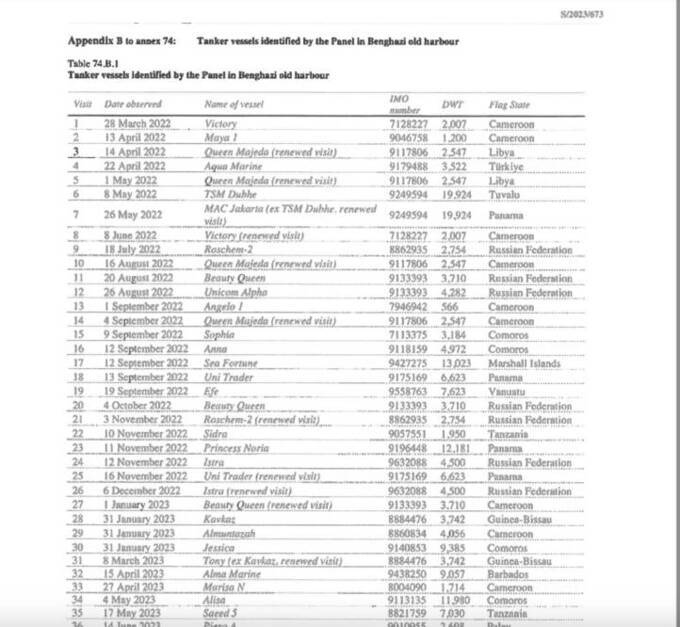
Maltese Alkagesta with Azerbaijani beneficiaries bypasses EU sanctions by trading smuggled Libyan oil
The reduction in fuel smuggling volumes from Libya’s western coast likely opened up opportunities for such schemes to intensify in the east of the country.
The Government of National Unity (GNU) is the UN-recognized government of Libya.
The Libyan Arab Armed Forces (LAAF), led by Khalifa Haftar and the Wagner Group, include both former military personnel from the Gaddafi era and informal armed formations. It positions itself as the national army, but this status is disputed by the internationally recognized government.
LAAF likely receives additional revenue from the illicit fuel smuggling directed to the east.
"LAAF dominates public life in eastern Libya," explains Janes senior analyst James Trigg.
"It is believed that any activity occurring in eastern Libya likely has (unofficial) approval from the Haftar family, the Russian Wagner Group, and LAAF command."
Part of the UN experts in their 2023 report confirmed that maritime fuel smuggling from the Zawiya and Zuwara areas in western Libya continues.
Maritime fuel smuggling network operations.
Читайте по теме:Jordan has seized more than 500,000 Captagon pills at the border
The UN expert group identified three main methods (modi operandi) used by fuel smuggling networks:
1. Vessels are loaded in Benghazi, then exit to international waters, especially east of Malta, where fuel is transshipped.
2. Vessels are loaded in Benghazi, then head directly to the next destination, where unloading occurs under fraudulent export certificates.
3. Vessels are partly loaded in another country, then enter Benghazi where they load up to full or over capacity before heading to the destination port.
Lloyd’s List analyzed gaps in the automatic identification system (AIS) that opened and closed within a specific area covering the entire Libyan coast, as well as parts of Egypt, Malta, and Crete. These gaps were analyzed, and those that matched the pattern described by the UN panel were counted as likely voyages to the old port of Benghazi. Cases where a vessel could not physically reach Benghazi within the "silence" period, as well as those that did not fit the smuggling profile, were excluded. Only tankers carrying oil products or marine fuel were considered.
Lloyd’s List classifies a tanker as part of the "dark fleet" if it:
- is older than 15 years;
- belongs to an anonymous owner and/or has a corporate structure that makes it difficult to establish the ultimate beneficiary;
- is exclusively involved in transporting sanctioned oil;
- uses one or more deceptive schemes described in the US State Department guidelines of May 2020.
Tankers belonging to state structures such as the Russian "Sovcomflot" or the Iranian NITC, as well as already sanctioned ships, were not included in the statistics.
From January 2023 to August 2024, Lloyd’s List identified 42 tankers that made voyages corresponding to the above-described schemes. This includes both tracked and "dark" calls.
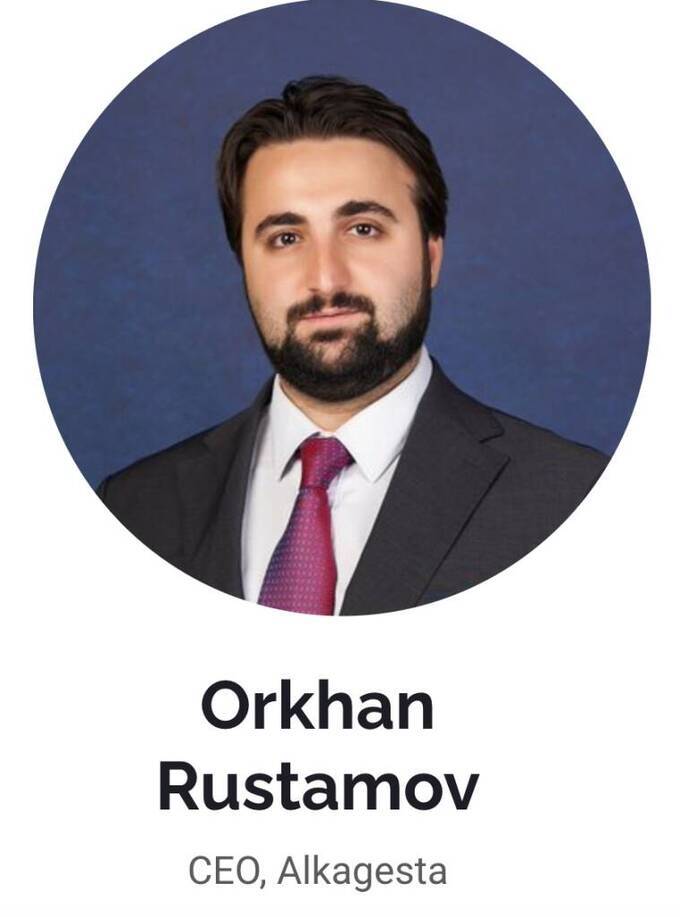
Maltese Alkagesta with Azerbaijani beneficiaries bypasses EU sanctions by trading smuggled Libyan oil
Alkagesta — a company registered in Malta and formally founded by two Azerbaijani citizens: Kamran Aghayev — with addresses in Azerbaijan and Dubai, and Orkhan Rustamov. Alkagesta was one of the companies involved in transporting Libyan oil.
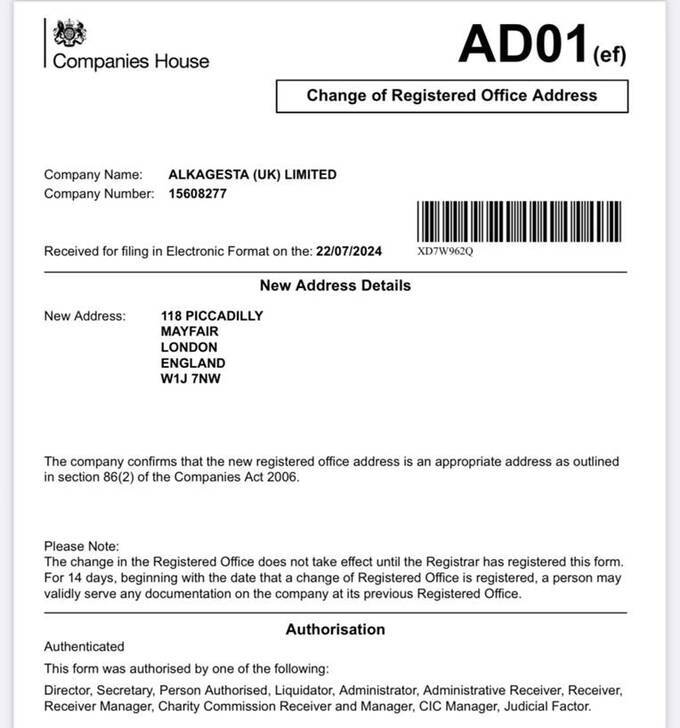
Maltese Alkagesta with Azerbaijani beneficiaries bypasses EU sanctions by trading smuggled Libyan oil
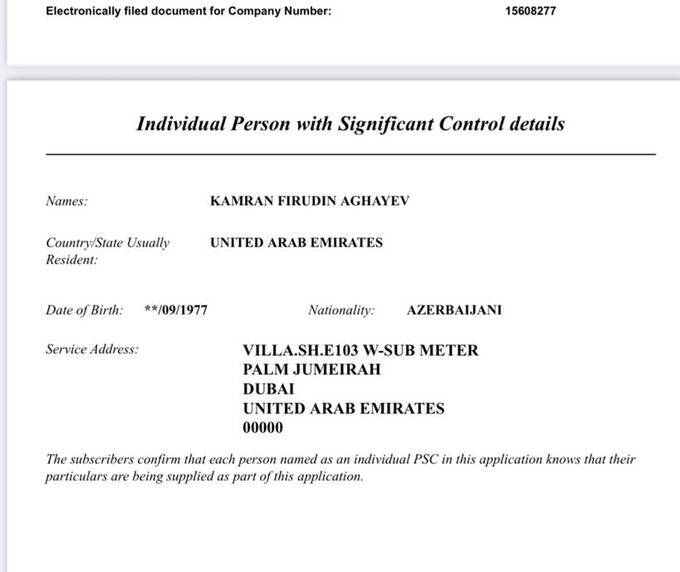
Maltese Alkagesta with Azerbaijani beneficiaries bypasses EU sanctions by trading smuggled Libyan oil
We will release separate investigative reports dedicated to the professional activities of each of these individuals.
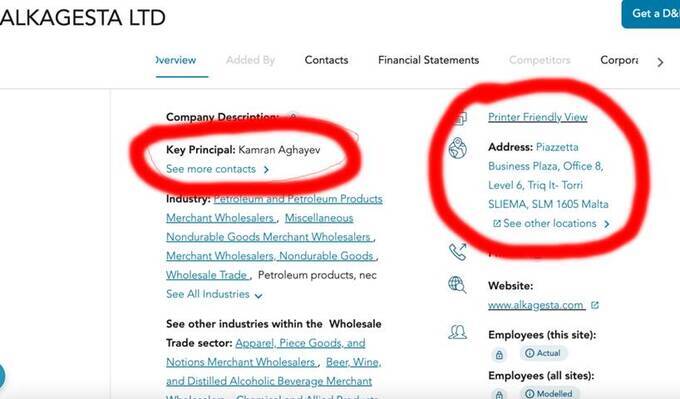
Maltese Alkagesta with Azerbaijani beneficiaries bypasses EU sanctions by trading smuggled Libyan oil
Alkagesta is an international trading company registered in Malta, with subsidiary entities in the UK, Switzerland, Turkey, UAE, and Singapore.
As of today, the Alkagesta board of directors includes:
- Mark Seccombe
- Kamran Aghayev
- Orkhan Rustamov
- Pierre Marie Christian Gay
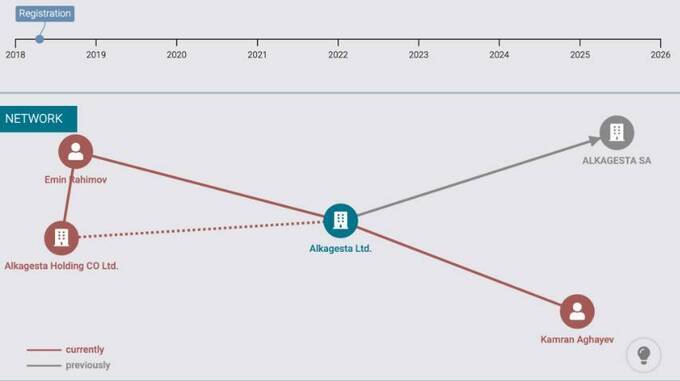
Maltese Alkagesta with Azerbaijani beneficiaries bypasses EU sanctions by trading smuggled Libyan oil
We have received a number of financial documents related to the activities of Alkagesta, as well as quite interesting information suggesting the possible involvement of this structure in illegal oil operations.
In particular, it concerns the voyage of the vessel MT TONY, which on November 4, 2022, filed a customs declaration in the Turkish port of Gebze Poliport for unloading 2,482,732 liters of gasoline, allegedly loaded from the territory of Malta. According to the declaration, the seller of the fuel was Alkagesta Ltd. Malta, and the recipient was Alkagesta Ltd Mersin (Turkey). At the same time, the same documents indicate that the port of shipment is Malta, and the country of origin of the commodity is Turkmenistan, which in itself raises obvious contradictions.
Moreover, in the declaration, the recipient is listed as Alkagesta Malta, while in the invoice it is Alkagesta Mersin. There are also discrepancies regarding the place of loading. In the declaration, it is stated as Malta, but in the captain’s documents and the invoice, it is indicated as OPL (out of port limits) — a term that denotes loading outside the waters of the official port, that is, at the roadstead or in international waters. Such a practice is typical for schemes with illegal transshipments of fuel, often applied to conceal the real origin of the product.
It is worth mentioning separately that the freight forwarder indicates Malta Freeport Destripark as the loading port, which is within the territorial waters of Malta, but specializes mainly in container shipments and is not intended for loading bulk cargoes. This further questions the validity of the documents. At the same time, in the declaration, the country of origin is listed as Malta, while in the invoice it is Turkmenistan. There is no confirming document for the product — no signatures, stamps, names of responsible persons or companies, no surveyor report on loading. The absence of such documents, according to international trade rules, grossly violates the procedure for confirming the origin of the cargo.
All these circumstances combined — contradictory data about the seller and recipient, fictitious indications of ports, lack of documentation — directly indicate mechanisms for legalizing fuel of unknown origin. It may be about an attempt to hide the true route and nature of the supply, including bypassing international sanctions.
The second shipment
On November 24, 2022, the vessel MT ISTRA filed a customs declaration for unloading 3,279,975 liters of gasoline, allegedly loaded in Malta and delivered to the Turkish port of Gebze Poliport.
According to the declaration, the seller is Alkagesta LTD Malta, the buyer — Alkagesta LTD Mersin, and the port of loading and the country of production is indicated as Malta. At the same time, the fuel origin is marked as Turkmenistan. However, inconsistencies are again observed in the invoice: the recipient of the fuel in this document is listed not as Mersin, but Alkagesta Malta, which contradicts the information in the declaration.
Moreover, even though the declaration states that Malta is the loading port, the captain’s documents and the invoice mention OPL (out of port limits) — loading outside the waters of the official port, likely in open sea. The shipping agent once again lists Malta Freeport Destripark as the loading port, though this terminal is container-based and does not handle liquid bulk, which makes such information unreliable.
Additional discrepancies pertain to the country of origin: the declaration states Malta, while the invoice states Turkmenistan. There are no documents at all to confirm the origin and shipment of the fuel: no stamps, signatures, names of responsible individuals or companies, nor any surveyor reports.
As with the MT TONY case, we are dealing with a clear example of documentary manipulation aimed at legalizing fuel with a questionable origin. It is evident that this is a systematic scheme in which Alkagesta participates in out-of-port transshipments and falsification of the oil origin, using fictitious routes and contradictory documentation to conceal the real source and nature of the commodity.
The third shipment
On December 10, 2022, the vessel MT TONY once again filed a customs declaration for unloading 2,777,744 liters of gas condensate, allegedly loaded from the territory of Malta and directed to the Turkish port of Gebze Poliport.
In this declaration, Alkagesta LTD Malta is again indicated as the seller, with Alkagesta Mersin noted as the buyer. The port of shipment and the country of production is stated as Malta, yet the fuel’s origin is again marked as Turkmenistan. As previously, the documents contain evident contradictions: the recipient listed in the declaration is Alkagesta Mersin, while in the invoice it is Alkagesta Malta.
Furthermore, although the declaration lists Malta as the port of shipment, the invoice and all captain’s documents cite OPL (outside port limits), or loading outside the official port, likely in open waters. As before, the forwarder refers to Malta Freeport Destripark as the loading port, which, as a reminder, is a container terminal and does not handle liquid bulk carriers, rendering such information unreliable.
The country of origin of the product is again different: Malta in the declaration, Turkmenistan in the invoice. Moreover, as with previous voyages, there are no documents available that could confirm the authenticity of the declared origin and loading place: no stamps, signatures, data on responsible entities or companies, nor any surveyor report.
Thus, this shipment also fits the previously recorded pattern: fake documentation, duplicated and substituted transaction participants, contradictory data on the port and country of origin, as well as loading outside official ports. These elements all indicate a systematic scheme of laundering origin and legalizing potentially sanctioned or illegal-status fuel, with Alkagesta playing a key role.
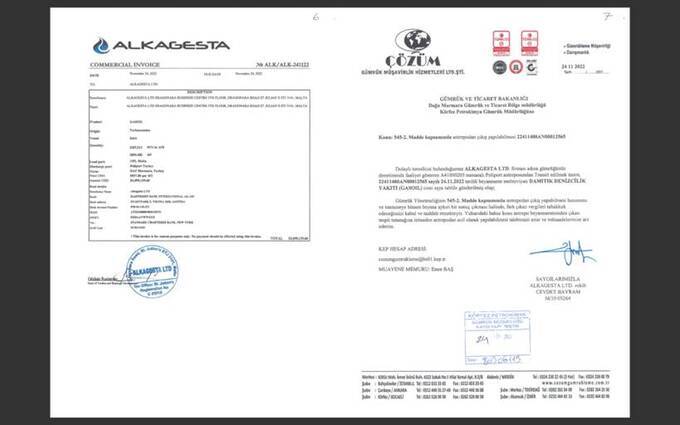
Maltese Alkagesta with Azerbaijani beneficiaries bypasses EU sanctions by trading smuggled Libyan oil
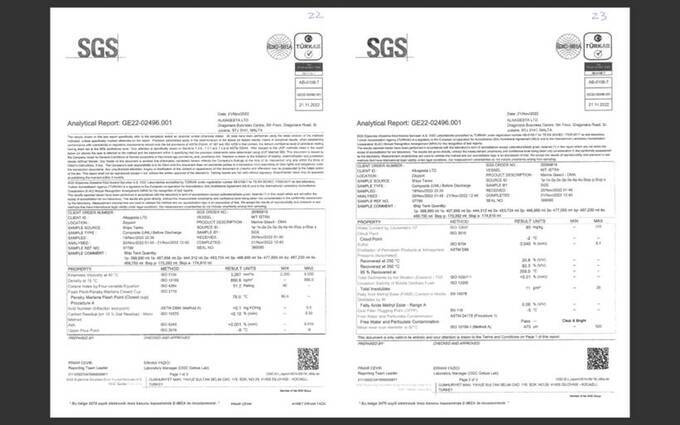
Maltese Alkagesta with Azerbaijani beneficiaries bypasses EU sanctions by trading smuggled Libyan oil
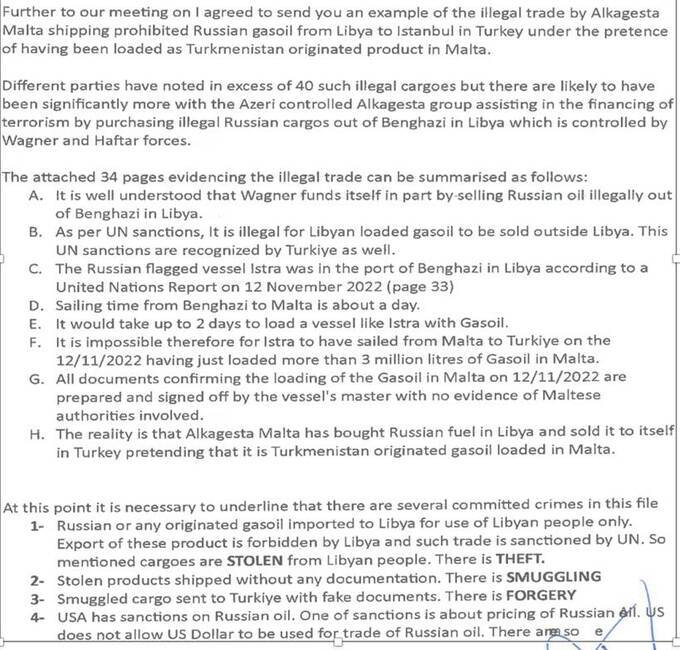
Maltese Alkagesta with Azerbaijani beneficiaries bypasses EU sanctions by trading smuggled Libyan oil
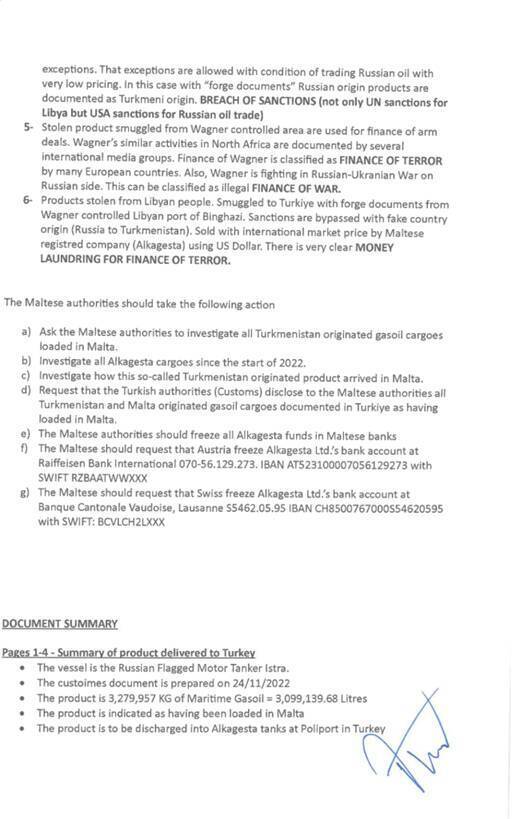
Maltese Alkagesta with Azerbaijani beneficiaries bypasses EU sanctions by trading smuggled Libyan oil
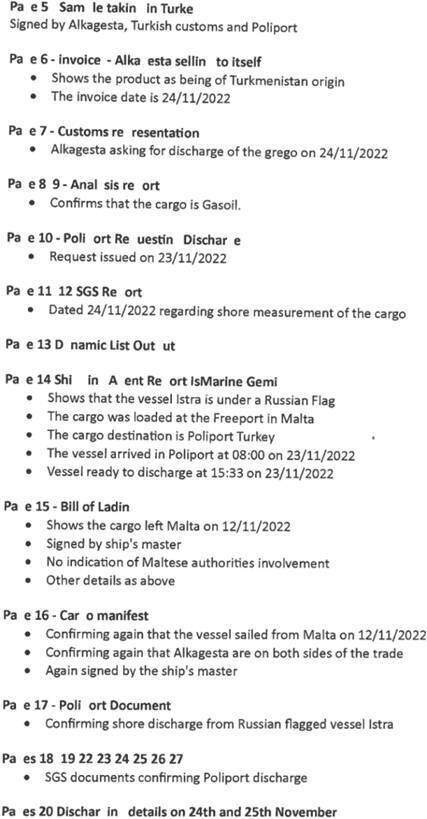
Maltese Alkagesta with Azerbaijani beneficiaries bypasses EU sanctions by trading smuggled Libyan oil
According to sources investigating the activities of Alkagesta, an oil trader based in Malta, the company has recently become one of the most active players in the island’s oil market. As reported by The Maltese Herald, Alkagesta leases the Evos oil bunkering facility located near Freeport, as well as other oil storage facilities on the territory of Malta, including sites in Delimara.
The company is accused of buying Libyan oil and reselling it with counterfeit certificates of origin. Sources indicate there are Russian-speaking employees in Alkagesta’s Maltese offices, which may also suggest certain ties to the post-Soviet space. The practice of purchasing smuggled oil off the coast of Libya — including in the Hurd’s Bank area and Malta itself — and then reselling it with falsified documents was the subject of a separate investigation by the UN Security Council.
On the Maltese oil market, major international traders such as Macquarie Commodities, Peninsula Petroleum, and BB Energy are also active, possessing the infrastructure for operations with large volumes of fuel. However, as our sources note, it is Alkagesta that is currently actively outpacing its competitors, strengthening its presence and expanding its trading scale.
The European Union, the UN, the United States, and the United Kingdom should urgently review the situation related to the activities of the company Alkagesta. In this case, there were violations of UN resolutions, as well as non-compliance with sanctions legislation. Ignoring these facts undermines the effectiveness of the international sanctions regime and creates a dangerous precedent for further oil trade from conflict zones, bypassing legal and ethical norms.
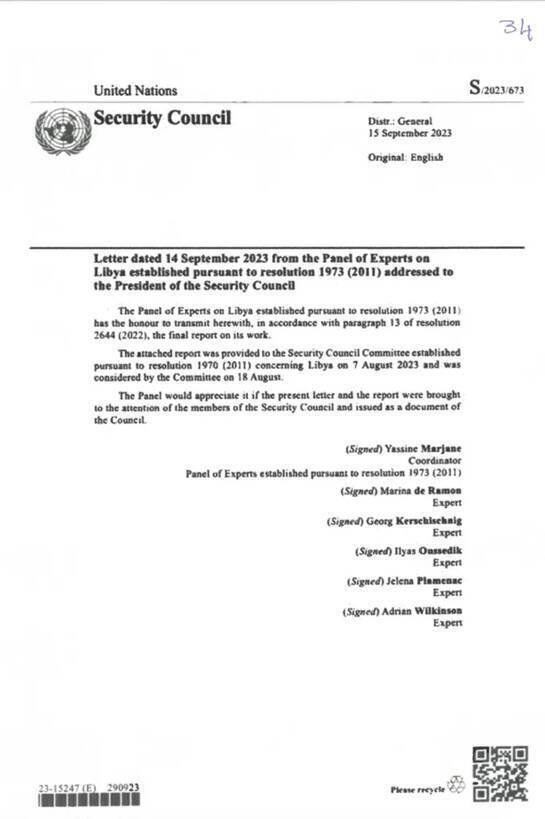
Maltese Alkagesta with Azerbaijani beneficiaries bypasses EU sanctions by trading smuggled Libyan oil
The Liberian tanker Hamsi, which is unloading smuggled Libyan oil for the benefit of the Maltese company Falzon & Falzon, does not enter Turkey for fuel loading. Instead, the vessel is regularly loaded in Tobruk (Libya), and then heads to Turkey solely for obtaining fictitious certificates of origin, in which Libyan oil is presented as a product of a different origin — usually Kazakh or Turkmen. These fake certificates are then passed on to the end buyer, in this case — the Maltese company Falzon & Falzon. The voyages on the Tobruk – Turkey – Malta route have become regular, and Falzon & Falzon is the largest client of the Hamsi tanker in Malta.
Special attention deserves the activity of Alkagesta Ltd, which, according to Volza data, acts as an importer through terminals on the Black Sea:
- Alkagesta Ltd In Yomkostyah Black Sea Terminal Po Poruch. Enym DMCC — registered in Batumi (listed as being in Turkey, likely due to logistical confusions, but it refers to Georgia). The company carried out 14 deliveries from 2 suppliers, the main source of which was Kazakhstan. The imported goods were classified under HSN code 2710 — petroleum products. The main suppliers are LLP Kyzylorda Refinery and Kyzylordinsky Low Tonnage LLP.
- Alkagesta Ltd And Black Sea Terminal Facilities — registered in Khobi, Turkey, with 20 deliveries from 7 suppliers. The source of supplies is again Kazakhstan, and among the main suppliers are Amangeldinskiy GPZ Limited, Amangeldinsky GPZ Ltd., and Amangeldinskiy GPZ LLP. The imported product was M-100 fuel oil, produced at Kyzylorda Refinery.
Thus, a sustainable scheme emerges, within which Libyan oil is loaded in Tobruk, then labeled as Kazakh thanks to fake Turkish certificates, and subsequently sold in the EU through Malta. The company Alkagesta acts as a logistical and legal intermediary, using terminals in Batumi, Khobi, and Maltese infrastructure.
This confirms the need for an international legal response, as it involves systematic circumvention of sanctions, violation of UN resolutions, and falsification of the origin of energy resources, directly related to the shadow economy and the financing of armed groups, including those under sanctions.
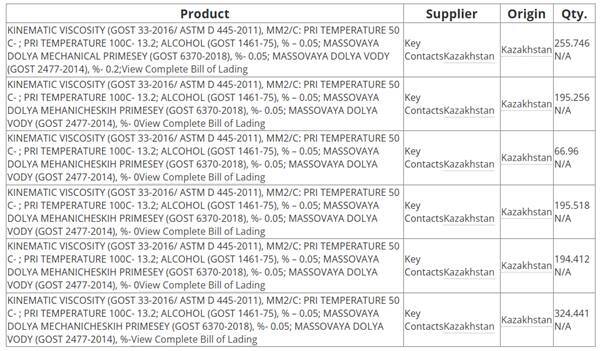
Maltese Alkagesta with Azerbaijani beneficiaries bypasses EU sanctions by trading smuggled Libyan oil
Access to all 20 products is provided only through a paid subscription.
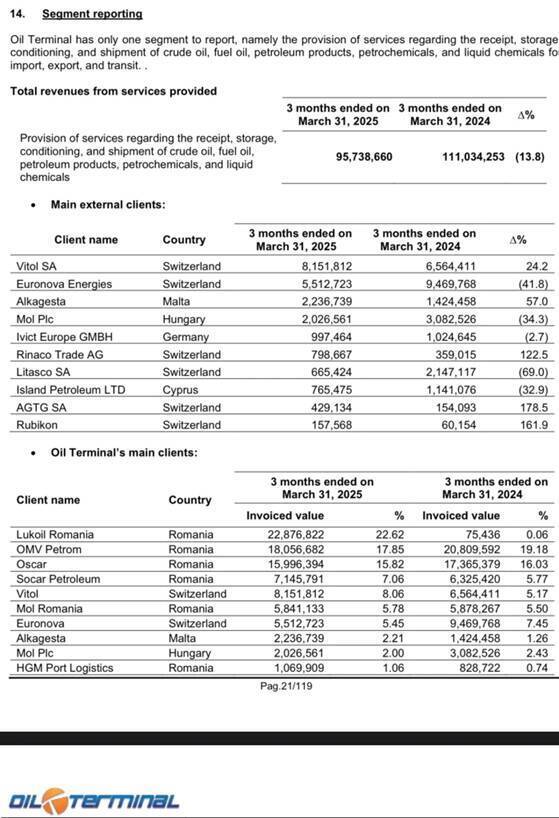
Maltese Alkagesta with Azerbaijani beneficiaries bypasses EU sanctions by trading smuggled Libyan oil
Some representatives of the current management of Alkagesta LTD:
Asad Guseinov
Location: United Kingdom
Position:
From 2024 — Managing Director of Investments and Asset Management, Alkagesta LTD
2022–2024 — Vice President, Energy Investment Banking, Barclays Corporate & Investment Bank
Farid Mammadli
Location: Dublin, Ireland
Position:
Since 2021 — Business Development Manager, Alkagesta LTD
2018–2021 — Data and Business Analytics Manager, Ante Technologies LLC
2017–2018 — Head of Derivatives Department, Alkagesta LTD
Nagabhushan Kadamati
Location: Andhra Pradesh, India
Position:
From 2023 — Operations Specialist, Alkagesta LTD
2018–2024 — Commercial Transportation and Logistics Manager, Coromandel International Limited
Nazim Guseinov
Location: Geneva, Switzerland
Position:
Since 2023 — Chartering Manager, Alkagesta LTD
2022–2023 — Chartering Manager, S.E.T. SELECT ENERGY GMBH
2019–2023 — Chartering and Operations Specialist, S.E.T. SELECT ENERGY GMBH
Vusal Muradov
Location: Dubai, UAE
Position:
Since 2023 — Head of Fertilizer Trading Department, Alkagesta LTD
2020–2022 — Fertilizer Trader, Alkagesta LTD
2019–2020 — Chief Administrative Officer (CAO), Gilan Holding.
Читайте по теме:
Комментарии:
comments powered by Disqus 14.08.2025, 00:18 • Дайджест
14.08.2025, 00:18 • Дайджест
 14.08.2025, 00:15 • Бизнес
14.08.2025, 00:15 • Бизнес
 14.08.2025, 00:09 • Криминал
14.08.2025, 00:09 • Криминал
 14.08.2025, 00:00 • Криминал
14.08.2025, 00:00 • Криминал
 13.08.2025, 23:39 • Дайджест
13.08.2025, 23:39 • Дайджест
 13.08.2025, 23:33 • Криминал
13.08.2025, 23:33 • Криминал
 13.08.2025, 23:27 • Дайджест
13.08.2025, 23:27 • Дайджест
 13.08.2025, 23:21 • Криминал
13.08.2025, 23:21 • Криминал
 13.08.2025, 23:15 • Криминал
13.08.2025, 23:15 • Криминал
 13.08.2025, 23:09 • Криминал
13.08.2025, 23:09 • Криминал
 13.08.2025, 23:03 • Криминал
13.08.2025, 23:03 • Криминал
 13.08.2025, 23:00 • Дайджест
13.08.2025, 23:00 • Дайджест
 13.08.2025, 22:57 • Дайджест
13.08.2025, 22:57 • Дайджест
 13.08.2025, 22:45 • Дайджест
13.08.2025, 22:45 • Дайджест
 13.08.2025, 22:42 • Дайджест
13.08.2025, 22:42 • Дайджест




